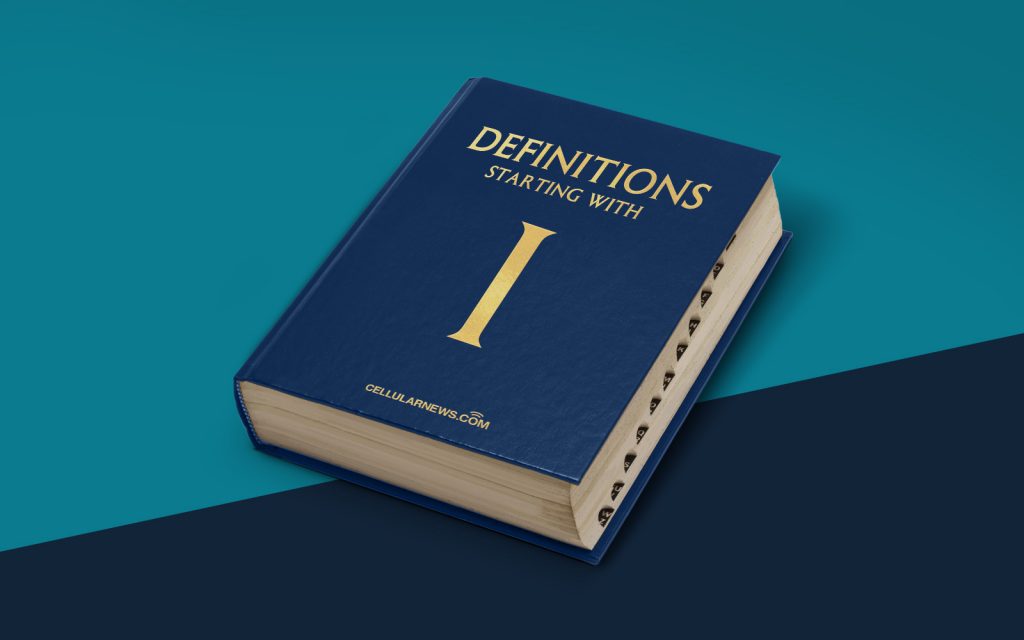
What is Internet of Behaviors (IoB)?
Welcome to the DEFINITIONS category of our blog, where we delve into various terms and concepts related to the world of technology and digital innovation. In today’s post, we are going to explore the fascinating concept of the Internet of Behaviors (IoB) and its impact on our lives.
The Internet of Behaviors (IoB) is a term that has emerged in recent years, and it refers to the collection and analysis of data from various sources to understand and influence human behavior. It is an extension of the Internet of Things (IoT) and focuses on the behavioral aspects of individuals and communities.
So, how does the Internet of Behaviors work, and what makes it different from other technological advancements? Let’s dive deeper into this exciting topic.
Key Takeaways:
- Internet of Behaviors (IoB) is the collection and analysis of data to understand and influence human behavior.
- IoB is an extension of the Internet of Things (IoT) and focuses on behavioral aspects.
Understanding the Internet of Behaviors
The Internet of Behaviors is built upon the vast amount of data available thanks to our increasingly connected world. It combines various technological advancements such as sensor data, social media, facial recognition, location tracking, and more to create a comprehensive picture of individuals and their behaviors. This data is then analyzed and utilized to gain insights and influence decision-making processes.
Here are some key aspects that define the Internet of Behaviors:
- Data Collection: The IoB relies on the collection of vast amounts of data from various sources, including online and offline activities.
- Behavioral Analytics: The collected data is then analyzed using advanced analytics tools to identify patterns, trends, and correlations related to human behavior.
- Behavioral Influence: The insights gained from the analysis are used to influence and shape behavior, whether it’s through targeted advertising, personalized recommendations, or policy interventions.
- Privacy Concerns: As with any technology that involves the collection and analysis of personal data, privacy concerns arise. The ethical collection and use of data become paramount in ensuring the responsible implementation of IoB.
With the Internet of Behaviors, businesses, governments, and organizations can have a deeper understanding of individuals and communities, allowing them to make informed decisions and tailor their approaches. For example, retailers can deliver personalized advertisements to consumers based on their past behaviors and preferences, while healthcare providers can leverage data to improve patient outcomes and wellness initiatives.
Key Benefits of Internet of Behaviors:
- Personalization: IoB enables personalized experiences and recommendations based on individual behaviors and preferences.
- Efficiency: By understanding behaviors, businesses and organizations can streamline processes and make informed decisions to enhance efficiency.
The Internet of Behaviors has the potential to revolutionize how we interact with technology and shape our behaviors. However, it is essential to strike a balance between the benefits and potential risks, such as privacy concerns and ethical considerations.
As technology continues to advance, it’s important to keep an eye on emerging trends and concepts like the Internet of Behaviors. By staying informed, we can better understand the impact of these developments on our lives and make informed decisions about their integration into our society.
We hope this blog post has provided you with a valuable introduction to the Internet of Behaviors (IoB). If you have any further questions or would like to learn more about this intriguing topic, feel free to explore our website or reach out to our team.
